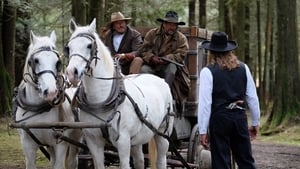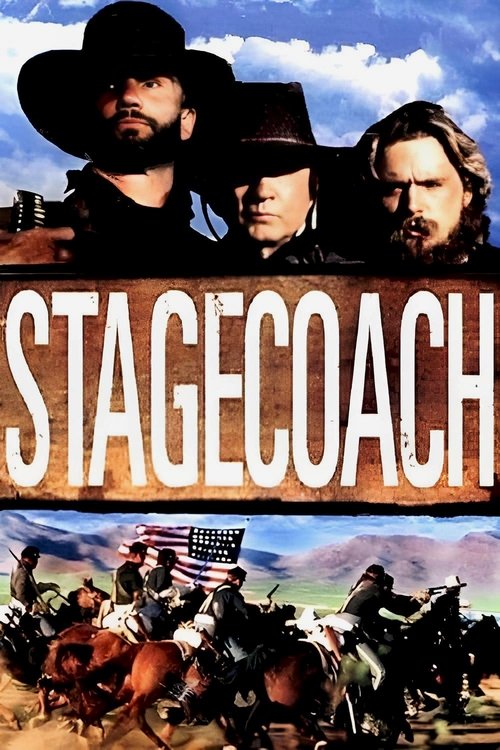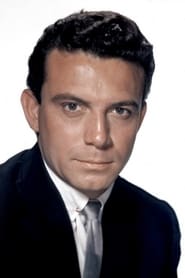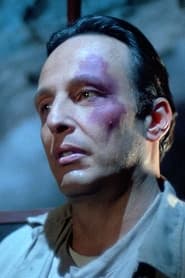Cast
View AllWillie Nelson
as Doc Holliday
Waylon Jennings
as Hatfield (Gambler)
Johnny Cash
as Marshal Curly Wilcox
Kris Kristofferson
as Ringo Kid
John Schneider
as Buck
Elizabeth Ashley
as Dallas
Anthony Newley
as Trevor Peacock
Anthony Franciosa
as Henry Gatewood
Merritt Butrick
as Lt. Blanchard
Mary Crosby
as Mrs. Lucy Mallory
June Carter Cash
as Mrs. Pickett
Jessi Colter
as Martha
Alex Kubik
as Luke Plummer
David Allan Coe
as Ike Plummer
Bob McLean
as Chris
Crew
Director
- Ted Post
Producer
- Hal W. Polaire
- Jack Thompson
Reviews
Thematic Analysis
Stagecoach represents a fascinating example of TV Movie/Western cinema, offering viewers a unique perspective on the human experience and societal structures. The film's approach to its themes demonstrates a creative vision that distinguishes it within its genre.
Director Ted Post brings their distinctive visual style to this film, continuing their exploration of themes seen in their previous works while adding new elements. Their approach to pacing and visual storytelling creates a viewing experience that rewards close attention.
Released in 1986, the film exists within a cultural context that now offers viewers historical perspective on the social issues of that era. Its reception demonstrates the diverse reactions to its artistic choices and its place in cinema history.
Did You Know?
- The production of Stagecoach took approximately 32 months from pre-production to final cut.
- The final cut of the film runs for 100 minutes, though the director's initial assembly was reportedly 150 minutes long.
- Several scenes were filmed in multiple locations to capture the perfect setting.
- Some visual effects sequences took up to 3 months to complete.
- The cast underwent specialized training for 6 weeks before filming began.
Historical Context
- In 1986, when this film was released:
- Economic policies were shifting toward deregulation in many Western countries.
- Personal computers were beginning to transform homes and workplaces.
- Independent cinema was growing in influence, challenging the dominance of major studios.
How This Film Stands Out
While Stagecoach shares thematic elements with other films in its genre, it distinguishes itself through its unique approach to storytelling, visual style, and character development.
Unlike Once Upon a Time in Tombstone, which focuses more on action than character development, Stagecoach subverts genre expectations by exploring its themes with greater nuance.
While films like Die for a Dollar in Tucson and My Darling Clementine explore similar territory, Stagecoach stands apart through its distinctive directorial vision and pacing.
This film's unique contribution to cinema lies in its thoughtful balance of entertainment value and thematic depth, making it a valuable addition to its genre.
Details
- Release Date: May 18, 1986
- Runtime: 1h 40m
Where to Watch






















